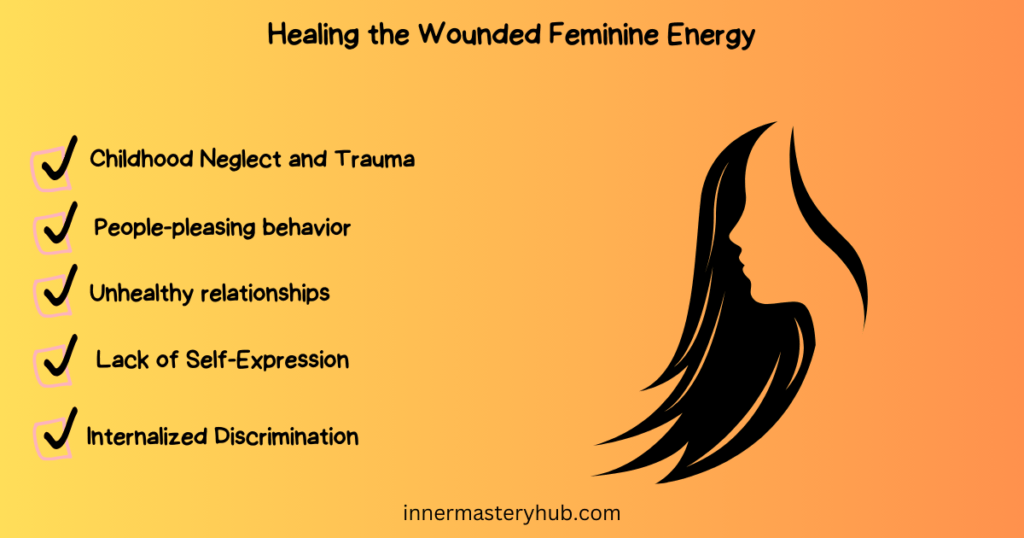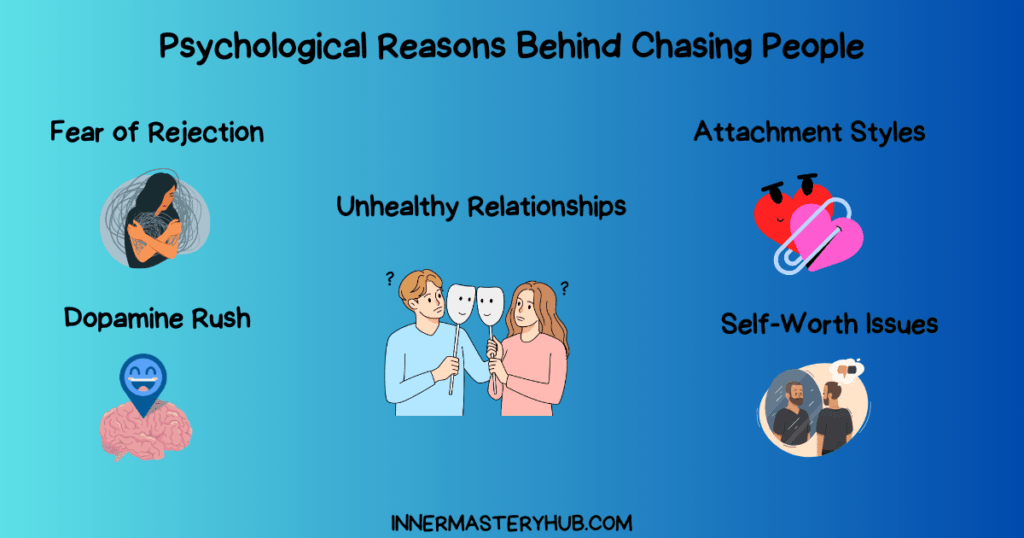The Male Validation Trap: Why You Keep Falling for It

Let’s talk about male validation, which is something that many of us have experienced, to be honest, but tend to be hesitant to share in public. Regardless of our upbringing or profession, women still have an ingrained notion that they must receive approval from the males in their lives to thrive or feel appreciated.
Sometimes it seems like a lot of weight is placed on men’s approval, whether it be in our work, personal choices, or even how we appear. But why is that? And above all, what is the actual impact on us? As we grow up, society sends us a subtle—and occasionally not-so-subtle—message that how desirable or acceptable men perceive us is a significant indicator of our value.
This may lead many of us to pursue a never-ending quest for male approval in almost every sphere of our lives. The impact is profound—it’s not just about feeling good right away; it’s also about how this quest affects our decisions, self-worth, and general mental health.
The moment has come to examine these effects and the impact that men’s approval has on our lives. To change this dynamic and place more emphasis on self-validation, let’s get started.
The Problem of Seeking Male Validation
Social influences that implicitly determine a woman’s worth based on male acceptance are a standard part of growing up for many women. From cultural standards to media representations, the message is apparent: women must be attractive and pleasant to males to be valued or successful.
From one’s beauty to one’s work, this social conditioning can lead to a deep-seated need for male validation in various aspects of life. According to research, this reliance on male validation may cause women’s autonomy and sense of self to wane. According to another study, women who regularly look to men for approval have greater rates of anxiety and despair and worse self-esteem. These results highlight the psychological damage that this reliance can do to women’s mental well-being.
The Deeper Impact of Male Validation
The pursuit of approval from men might lead to deeper psychological problems. Women’s relationships and job choices are impacted, in addition to their self-esteem.
For instance, because they conform to cultural norms influenced by male-dominated perspectives, women may choose to work in more traditionally feminine or lower-paying occupations. In a similar vein, relationships may suffer as women may put up with less-than-ideal circumstances to keep men’s favor.
That is not the end of the turmoil. The yearning for masculine approval may overshadow one’s genuine ambitions and abilities. To conform to what they think will win male acceptance, women may repress their goals, beliefs, and even personal preferences, thereby ignoring their own contentment and satisfaction.
Cultivating Self-Validation
The development of a strong sense of self-validation is key to mitigating the effects of male validation. Without seeking outside acceptance, women can empower themselves by focusing on their needs, wants, and self-worth. To do this, follow these doable steps:
Self-awareness Exercises.
Engage in self-reflection-promoting hobbies, such as journaling or meditation. Women can recognize and break free from problematic validation-seeking behaviors with the support of these strategies.
Setting Personal Goals
Women should be encouraged to create personal objectives that are not influenced by social norms. Reaching these objectives can increase self-worth and change the emphasis from others’ approval to one’s own accomplishments.
Support Networks
Creating a welcoming environment that prioritizes uniqueness over uniformity can help people feel more confident about themselves. Women can communicate their views and feelings in this community—which can include friends, relatives, or support groups—without fear of criticism.
Educational Workshops
Attend seminars and workshops that emphasize empowerment and self-worth. These can provide the information and resources needed to support women in recognizing their worth independently.
Incorporating These Practices into Everyday Life
Take Maria, a marketing expert who discovered that her desire to win over her male coworkers had a significant impact on her employment decisions, as an example. Setting personal career goals independently of others’ approval allowed Maria to start working on initiatives that genuinely piqued her interest, which increased her confidence and sense of fulfillment in her work.

Reclaiming Independence from Male Validation
The path to true self-discovery and personal development is to choose self-validation over male validation. Women who value their goals and well-being over male validation can have more empowered and satisfying lives. In the future, women’s worth will be established and acknowledged independently, without the need for external approval.
Rejecting social standards is only one aspect of this path; another is accepting and claiming one’s value. A more inclusive and equal society may emerge when more women engage in self-validation, causing the social structure that previously valued male approval to start to fall apart.
FAQS About Getting Male Validation
What is the meaning of male validation?
The term “male validation” refers to the affirmation or acceptance that some women seek from men, as they believe their actions and value are only genuine or respected when they are accepted favorably by male peers or authority figures. Gender dynamics and cultural standards are frequently the foundation of this idea.
Is it normal to crave male validation?
Indeed, it is normal to crave male validation because of cultural and societal forces that frequently imply women’s worth is correlated with male approval. Social interactions, culture, and upbringing can all influence this need by reinforcing the idea that women must look for and obtain approval from males.
How do you know you seek male validation?
If you frequently change your actions, choices, or appearance primarily to gain men’s approval, or if you become really disappointed when you don’t impress them, you may be seeking male validation. Putting their viewpoints ahead of your own comfort or convictions is a common way that this need manifests.
How to stop being desperate for male attention?
To curb your desire for male attention, focus on enhancing your self-worth through individual accomplishments and self-care. Regardless of any male affirmation, surround yourself with friends and family who value you for who you are and partake in activities that reaffirm your independence and value.
What is the root cause of seeking validation?
Seeking validation is often the result of a deep-seated yearning for acceptance and a sense of belonging. Childhood trauma, cultural norms, and individual fears can all contribute to this. To feel safe, connected, and appreciated in their social settings—and ultimately to satisfy their emotional and psychological needs—people seek validation.






